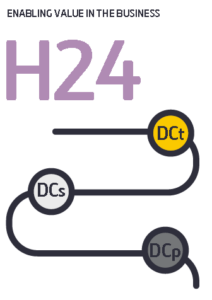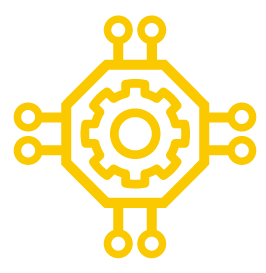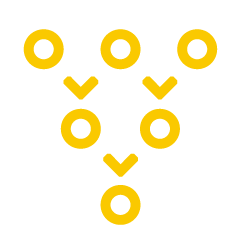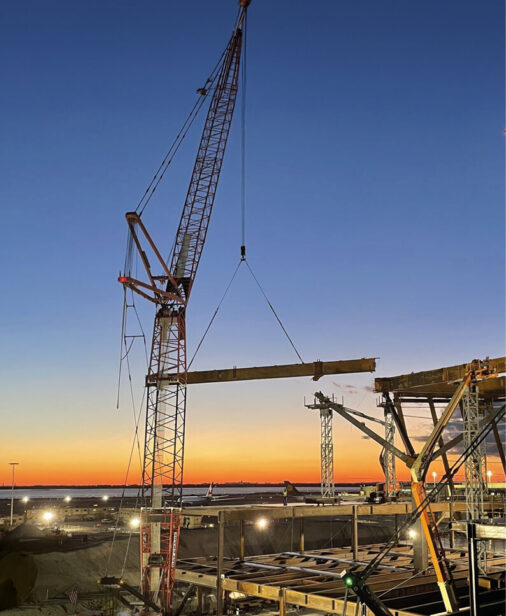Development and integration of battery energy storage systems (BESS), which help balance electricity supply and demand, ensuring a stable and reliable energy supply.
Ferrovial in 2023
Digitalization and Innovation
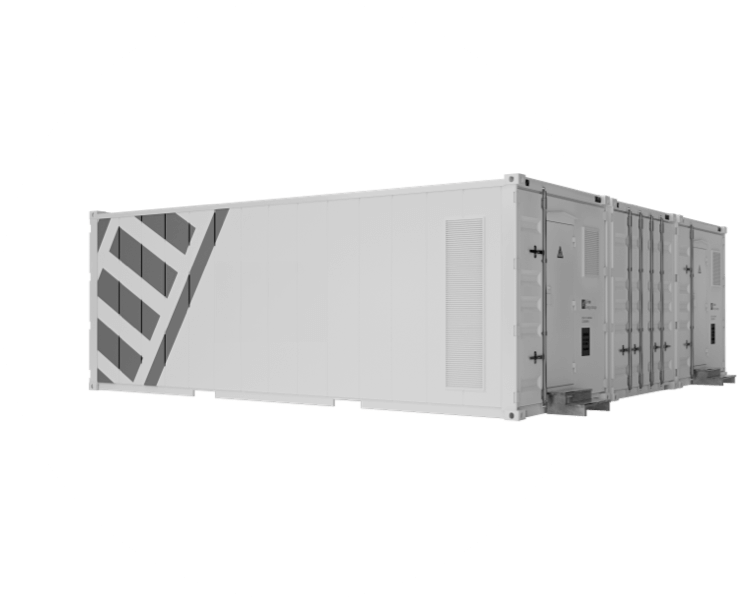
BATTERY ENERGY STORAGE
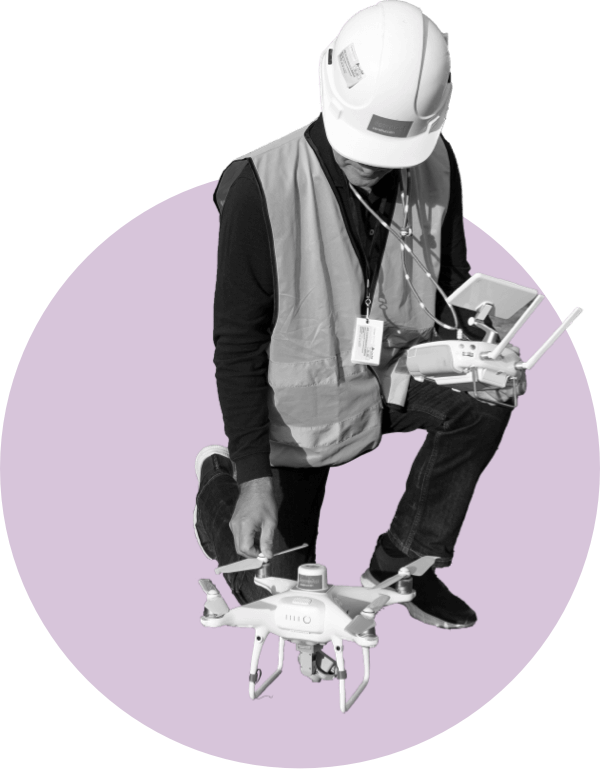
5D AEROSAFE
The 5D-AeroSafe project offers a digital technology that provides a set of drone-based services to increase the safety and security of airports and waterways while reducing operational costs.
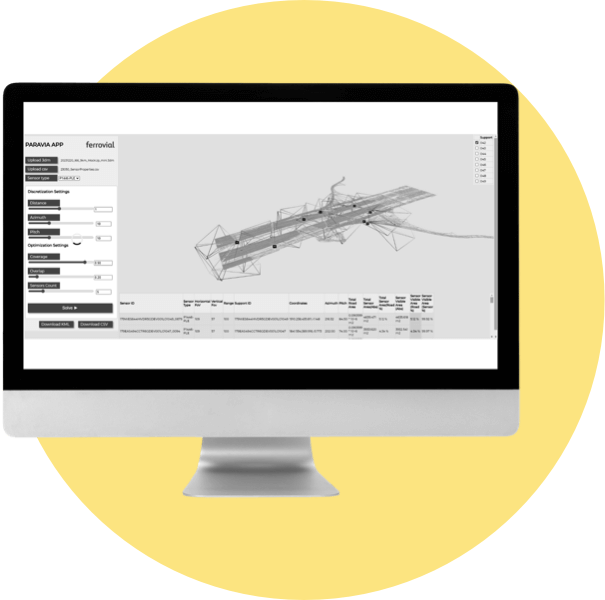
PARAMETRIC AND GENERATIVE DESIGN
Optimized designs based on the input of parameters, such as materials, site constraints, and environmental issues, as well as on the use of algorithms to explore many options before deciding on the final design, ensuring fast and reliable results.
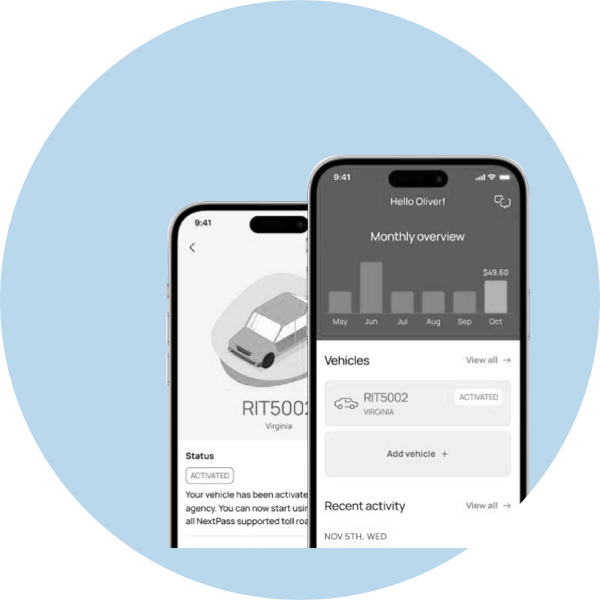
NEXTPASS BY NEXTMOVE
It is a mobile app available for iPhone and Android, facilitating toll payments on roads, bridges, tunnels, or express lanes without the need for a physical transponder or toll tag.
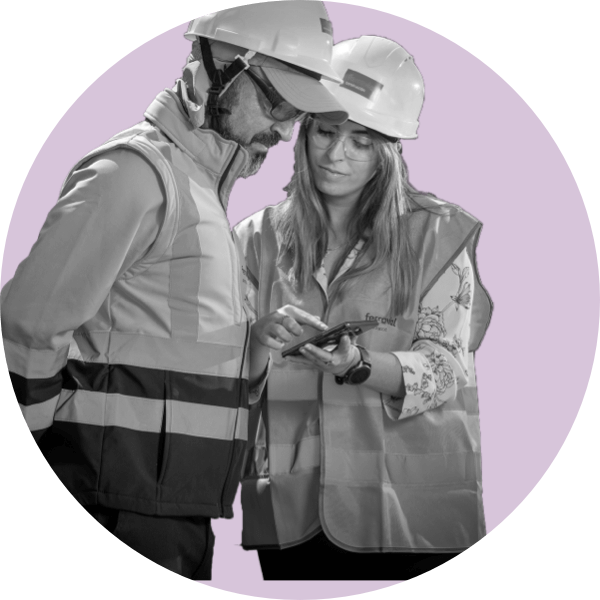
H&S PLATFORM
Ferrovial's Health and Safety platform for the management of processes that covers incident reporting, observations, inspections and audits, as well as the subsequent analysis, investigation and management of corrective and preventive activities. It has a mobile application that allows information to be captured on site in real time.
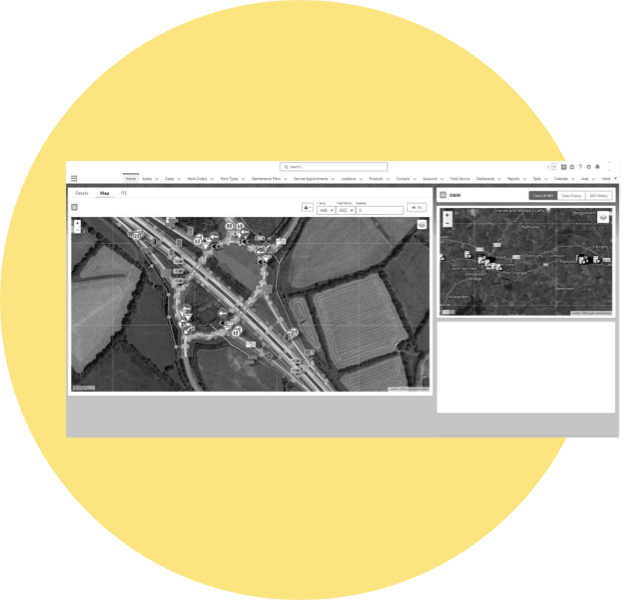
TRANSVERSAL ASSET MANAGEMENT SOLUTION
TAM is Ferrovial's Asset Management solution aligned to whole-life asset data standards supporting efficiencies during handover and O&M phases of infrastructure.

CARBON TOOL
The infrastructure carbon tool is conceived to be a whole-life carbon management tool to support project teams throughout the different stages of a project lifecycle. The accuracy of carbon data and calculations will increase throughout the different stages of an infrastructure lifecycle.
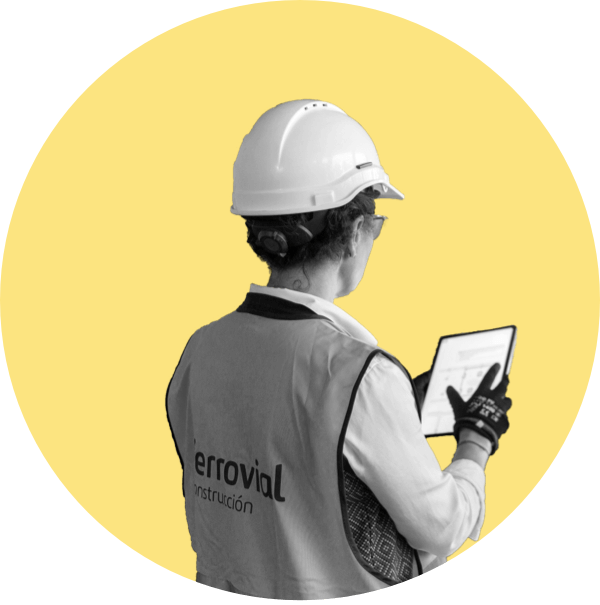
ROADMAP TO ANIMATION
This program aims to add scalable value to Ferrovial's businesses through the application of automation technologies.
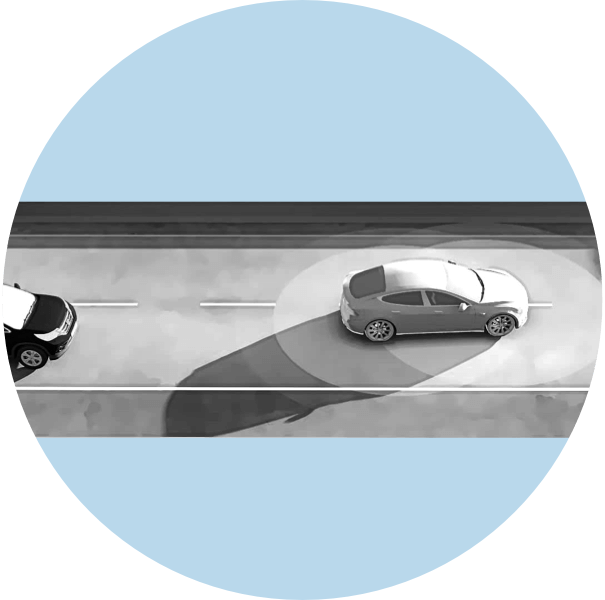
AIVIA SMART ROADS
Projects which aims is to define the model for the sustainable infrastructure of the future for mixed traffic through the development of 5G smart roads and advanced monitoring, sensing and simulation technology.
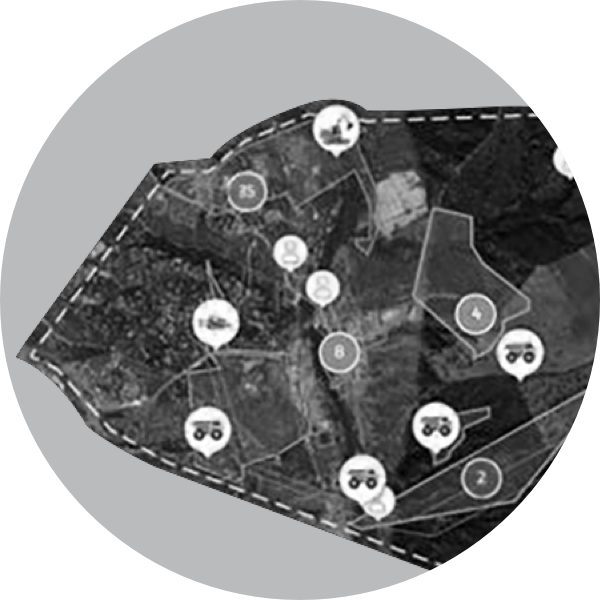
CONNECTED SITES
Connected Sites is one of Ferrovial Construction's most emblematic project providing productivity, efficiency and operational improvements thanks to monitoring the situation and status of the equipment deployed on a construction site in real time.
